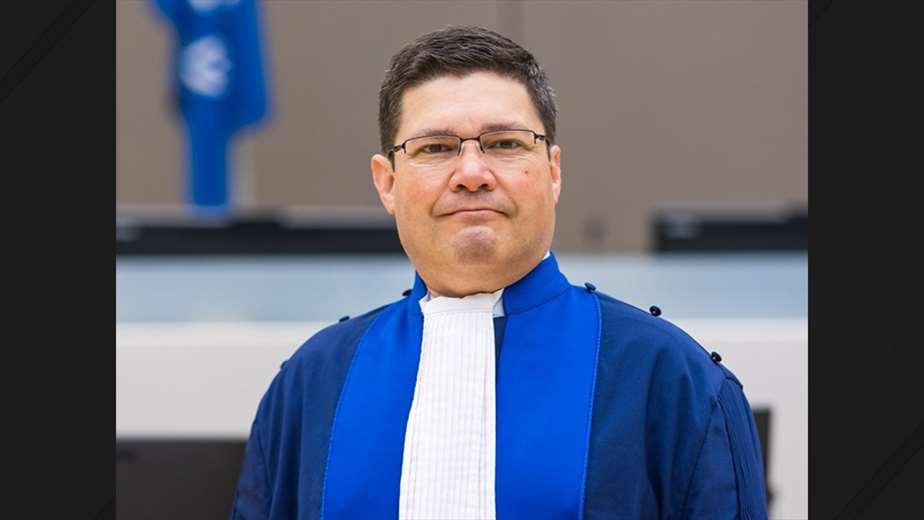A Legal Tussle on the International Stage
In a striking turn of events, Russia has issued an arrest warrant against Sergio Ugalde Godínez, a Costa Rican judge at the International Criminal Court (ICC), in what appears to be a retaliatory move. This unprecedented action follows the ICC’s issuance of an arrest warrant against Russian President Vladimir Putin, marking a significant escalation in international legal tensions.
The ICC’s Decision: A Warrant with Weight
The warrant for Putin’s arrest issued by the ICC, where Sergio Ugalde Godínez serves as a judge, stems from legitimate legal grounds. Putin is accused of the illegal deportation of thousands of Ukrainian children, a charge that carries serious international legal implications. The ICC, as a court of last resort, steps in when national jurisdictions are unable or unwilling to prosecute grave international crimes such as genocide, war crimes, and crimes against humanity.
Russia’s Reaction: An Unprecedented Countermove
In what seems to be a direct response to the ICC’s actions, Russia, which is not a member of the ICC, issued its arrest warrant against Judge Ugalde Godínez. This move, devoid of any legal basis, appears to be a retaliatory gesture aimed at undermining the ICC’s decision.
Global Consequences for Putin
The arrest warrant against Putin has tangible global repercussions. It restricts his ability to travel to many countries, as seen in his absence from significant international gatherings like the BRICS summit in South Africa and the G20 summit in India. These developments highlight the ICC’s influence, even on non-member states like Russia.
Sergio Ugalde Godínez: A Profile of Dedication and Integrity
Costa Rican national Sergio Ugalde Godínez’s journey to the ICC is a tale of dedication and academic excellence. Elected to the ICC in 2021, he secured his position with an impressive 87 out of 123 votes, competing against 18 candidates. His humble beginnings in Costa Rica, combined with a distinguished academic career at the University of Oxford and two decades of practicing international law, have culminated in his respected role at the ICC.
The ICC’s Role: Upholding International Justice
The ICC stands as a unique judicial body, serving as an essential mechanism for enforcing international law and ensuring justice for the most heinous international crimes. Its ability to hold individuals accountable on a global stage, regardless of their political stature, underscores its critical role in the international legal system.
Conclusion: Navigating the Complexities of International Law
The ongoing legal drama between Russia and the ICC, involving Judge Sergio Ugalde Godínez, illustrates the complex and often contentious nature of international law. It sheds light on the challenges faced by international judicial bodies in enforcing the law and the political ramifications of their decisions. As the situation continues to unfold, the international community watches closely, recognizing the significance of these developments in shaping global justice and the rule of law.


1 comment
[…] Source link […]